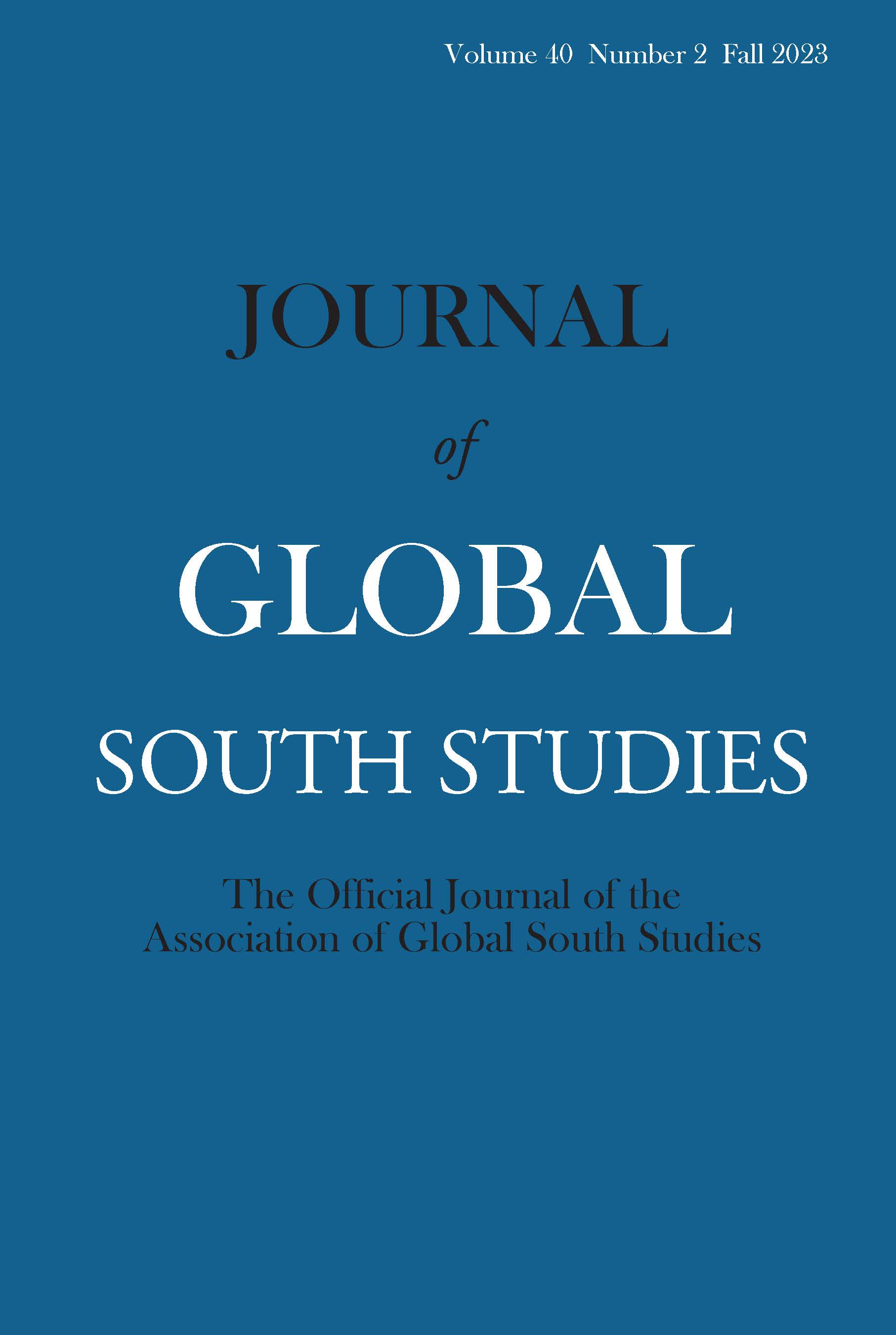Quasi-Democracy and Autocracy as Governance Systems in Nigeria An Examination
Main Article Content
Abstract
Both democracy and autocracy are forms of governance systems that have been operated by humankind in the course of organizing society. They differ from one another and can hardly be combined for governance purposes without wreaking havoc in the society that does so. In some societies, there has been evidence that a historical transition from autocracy to democracy took place; the latter has since been consolidated. This is notably true in capitalist social formations. But, in some other societies, such linear transition has not been perfected and consolidated; such societies have often been stuck with autocracy, even when they propagandize democratic rule. Two points have to be raised about these forms of governance based on what has been said so far. In the first instance, because of
the inherent differences in the natures of the two governance systems, humankind has arrived at a conclusion that democracy is better than autocracy and that it is historically a progressive development. Secondly and consequentially, a society that has been able to transition from autocracy to democracy should not allow itself to regress. This has not been the case in the Nigerian governance system. At Nigeria’s independence in 1960, democracy was explicitly accepted to be an antithesis of colonial autocracy. However, both autocracy and elements of democracy were used and have since been combined for governance. Just halfway into the first decade of independence, the military took over, and alternations between civilian rule and autocracy took place. The paper attempts to clarify both concepts of democracy and autocracy, provide a detailed analysis of governance in Nigeria, and show how the country’s debilitating economic structures and other factors have reinforced autocratic nature of governance, whether military or civilian

